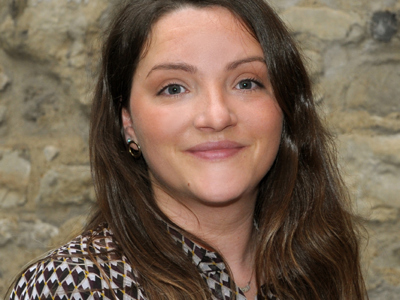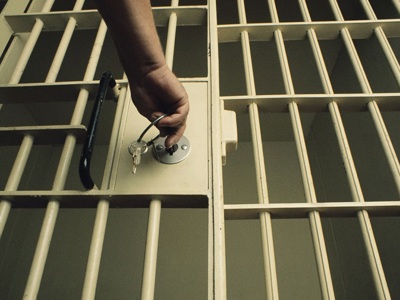HMP Stoke Heath inmate Martin Willis’ death caused in part by lack of precautions by prison and healthcare staff
An inquest jury concluded that 55 year-old Martin Willis took his own life whilst the balance of his mind was disturbed, but that this had been caused in part by inadequate precautions and poor communication by prison staff and healthcare staff at HMP Stoke Health.
Posted on 06 December 2023
Martin died at HMP Stoke Heath on 15 September 2022 and the inquest into his death was held at Shropshire, Telford and Wrekin Coroner’s Court, concluding on 17 November 2023.
The coroner and jury heard how Martin had been in and out of custody since receiving a sentence of imprisonment for public protection in 2007, known as an “IPP” sentence, and that in 2017 he had been diagnosed with schizophrenia and spent a number of months receiving mental health treatment as an inpatient at a secure unit facility.
On 26 October 2021 Martin returned to prison custody at HMP Birmingham before being transferred to HMP Stoke Heath on 15 November 2021, where he remained until his death on 15 September 2022.
Martin’s mental health began to markedly decline in July 2022, and on 18 August 2022 he saw a psychiatrist who changed his antipsychotic medication. At this review and subsequently Martin requested a transfer to the healthcare inpatient unit at HMP Dovegate or alternatively admission to a medium secure unit (both of which he had been admitted to previously when unwell). No such referral was made. His mental health continued to severely deteriorate, and he suffered from increasing auditory hallucinations and paranoid ideation.
On 11 September 2022 Martin was placed onto the Assessment, Care in Custody and Teamwork (“ACCT”) process after he was found to be exhibiting suicidal behaviour. An ACCT is the care planning process for prisoners identified as being at risk of suicide or self-harm. Martin remained on the ACCT until his death, and was placed on hourly observations by prison officers.
A review of Martin’s ACCT took place on 12 September 2022 when it was decided that his hourly observations would continue. The inquest heard expert evidence from a consultant forensic psychiatrist who advised that, from this point, in view of the severity of Martin’s condition, he should have been placed on constant observations and an urgent referral should have been made for transfer to a custodial healthcare unit and/or external medium secure unit.
Martin’s next ACCT review was brought forward to 14 September 2022. At that review it was decided that, because he reported a worsening of his symptoms at night, he should be observed twice hourly during the night. That same night however, Mr Willis was observed only once hourly.
Martin was found dead in his cell at 08:38am the following morning.
The jury concluded that Martin had died by suicide whilst the balance of his mind was disturbed, in part because the risk of him doing so was not reported, communicated and that there were not enough precautions in place to prevent him doing so.
In a detailed accompanying narrative, the jury found that insufficient protection was given to Martin in light of the rapid decline in his mental health and that there were various failings in the identification and communication of his risk of self-harm.
The jury also identified a range of specific failings in the ACCT procedure, namely:
- The severity of Martin’s situation was not noted sufficiently in the correct areas of the ACCT paperwork
- There was a lack of attendance by multi-disciplinary staff at review meetings
- The “Risks, triggers and protective factors” and “sources of support” sections of the document were not completed or updated during review meetings
- Review notes were not shared or signed by all attendees; and
- Specified observation times were not adhered to.
At the conclusion of the evidence, Senior Coroner Ellery reserved his position on whether he would issue a prevention of future deaths report, subject to receiving evidence of further ACCT training having taken place at the prison within two weeks of the conclusion of the inquest.
The family of Mr Willis was represented by solicitor Maya Grantham, who instructed Laura Profumo of Doughty Street Chambers.
In a statement, Mr Willis’s sister said:
“I knew he couldn’t have been coping. To this day I am heartbroken and so disappointed that I couldn’t speak to him to help him. I am haunted because it was obvious to me in October 2021 that Martin needed help for his mental health.”
Solicitor for the family, Maya Grantham, said:
“The evidence heard at the inquest highlighted a catalogue of shortcomings in the carrying out of the ACCT procedure and the mental health provision at the prison. However, the prevalence of serious mental health issues amongst the prison population means it is all the more important that there are effective safeguarding systems in place. In this case, Martin was failed by the very processes designed to keep him safe. It is imperative that lessons are learned and future deaths prevented.”




